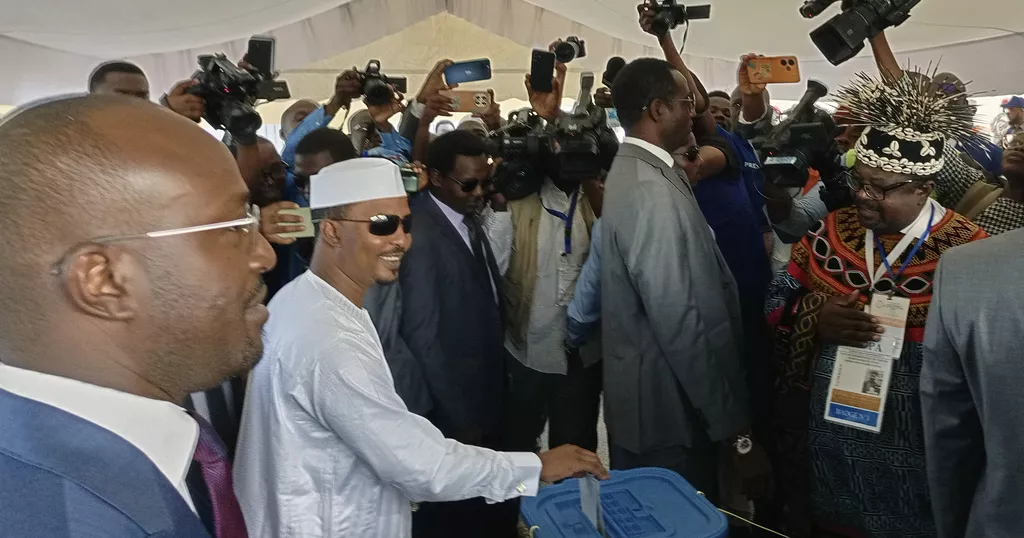
Chadian opposition leader Succès Masra has entered the 40th day of a hunger strike, a powerful act of defiance that has stunned the political establishment in N’Djamena and drawn growing international attention.
His protest, launched after his controversial arrest, is being seen as a dramatic escalation in the long-running standoff between the government and opposition forces in the Central African nation.
“I have no other choice but to protest with my body,” Masra reportedly told close associates. The 40-year-old leader of Les Transformateurs, a prominent opposition party, has transformed his incarceration into a personal and political battleground.
His supporters describe his detention conditions as “inhumane and contrary to international law,” fuelling calls for accountability and transparency.
Masra’s arrest and subsequent hunger strike come at a volatile moment for Chad, where democratic reforms have repeatedly clashed with entrenched power structures.
Once a prime minister under transitional ruler Mahamat Idriss Déby, Masra has become a vocal critic of the government.
His current protest is seen as a high-stakes bid to challenge what his party calls systemic repression.
The Chadian government has yet to issue an official response to Masra’s deteriorating condition or the allegations surrounding his detention.
Meanwhile, the silence is prompting concerns about potential backlash from civil society groups and regional allies.
Cameroon, Chad’s southern neighbour, is watching developments closely. Analysts in Yaoundé suggest Masra’s protest has broader implications for Central Africa’s pro-democracy movements.
“Masra represents a generation of African leaders who refuse to submit,” said one political scientist.
His journey from university lecturer to figurehead of political resistance has inspired reform-minded activists across the region.
As Masra’s hunger strike continues, the international community is ramping up pressure on N’Djamena. Calls for his immediate release are growing louder, with rights organisations warning of severe health risks and potential unrest.
The question now facing Chad is whether this act of bodily protest will mark a turning point in the country’s political crisis—or entrench the stalemate between opposition movements and the state.



